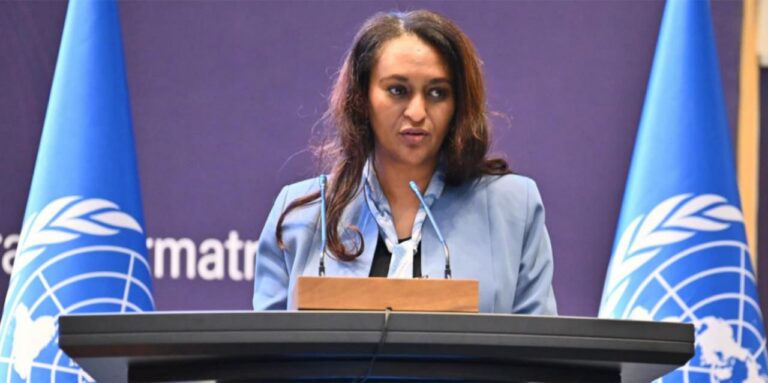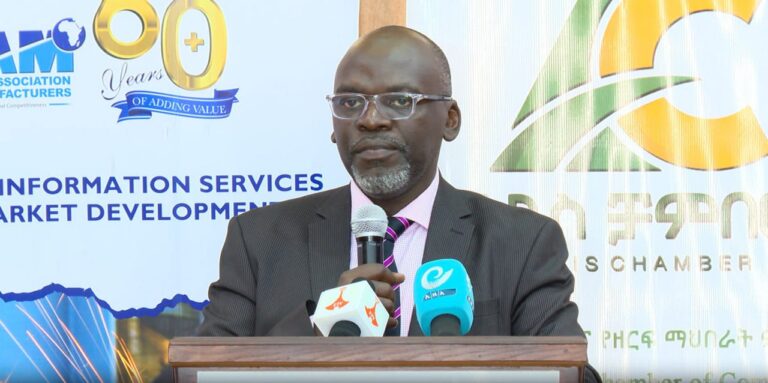Ethiopia’s banking sector stands at a critical crossroads, facing the daunting task of encouraging innovation, while at the same time grappling with complex financial concerns and regulatory challenges. This tension was evident at the recent industry meeting, ” securing Sustainable Growth Balancing Innovation with Intelligent Risk Management, ITSS Ethiopia Hosted by Sheraton Addis on February 26 in collaboration with Comfort|Temenos.
The event, attended by dignitaries from institutions such as Awash Bank, Sun Bank, Ethiopian Development Bank, It-Switch and Bank of Abyssinia, highlighted the urgent need for the sector to embrace digital transformation. However, the discussions show that the path to achieving modernization is fraught with obstacles primarily related to risk management and legal compliance.
A consistent theme throughout the event was the importance of using technology to improve customer experience and operational efficiency. Banks are well aware of the need to adopt digital solutions to remain competitive and meet the changing needs of their customers. However, this push for innovation has been undermined by ever-evolving financial risks, increasing cyber security breaches, and the need to manage changing regulatory conditions.
There is a clear understanding that technology is the future, in the same way that there is also an attentive awareness of inherent risks,” said at the events . “Finding the subtle balance between innovation and risk reduction is critical to sustainable growth.”
Key insights from the event highlighted the sector’s major challenges: aggressive monitoring of digital solutions must be accompanied by robust cyber security measures and strict compliance with flexible regulatory requirements
In addition, the discussions explored the importance of developing sustainable growth strategies, including adopting new business models and implementing financial inclusion initiatives. These initiatives are seen as critical components of Ethiopia’s banking future and provide opportunities to expand access to financial services and encourage economic growth.
The event served as a critical platform for networking and knowledge exchange and provided participants with practical strategies for navigating through the complexities of Ethiopia’s rapidly growing financial sector. However, it also highlighted the ongoing struggle to align innovation with risk reduction – a challenge that will undoubtedly shape the future of Ethiopian banking.









